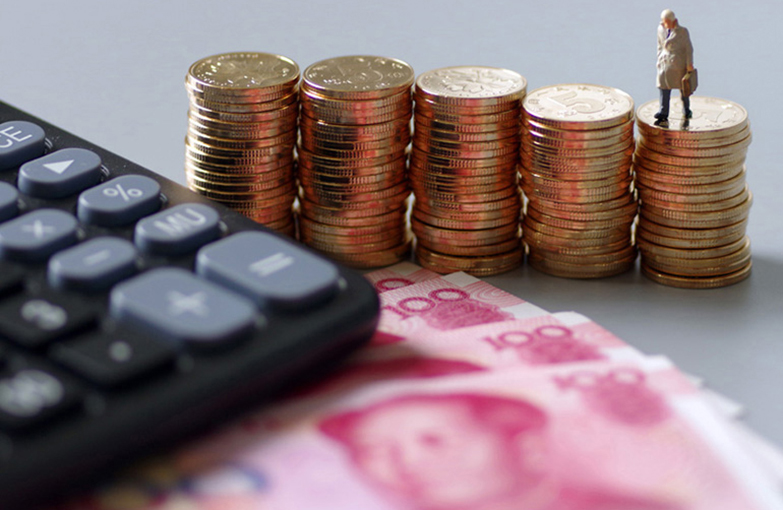 Guizhou Tops Latest Wave of China's Special Bond Issuers to Control Hidden Risks
Guizhou Tops Latest Wave of China's Special Bond Issuers to Control Hidden Risks(Yicai) Nov. 7 -- Guizhou, a southwestern Chinese province, has taken the top spot since last month among regional governments revealing plans to issue special refinancing bonds to help urban investment companies stay afloat.
On Nov. 13, Guizhou will issue CNY144.7 billion (USD19.9 billion) of special notes, per a document released on the website of China Central Depository & Clearing yesterday. On Oct. 20, the province already completed a similar issuance of CNY88.2 billion (USD12.1 billion). Special refinancing bonds are mainly used to repay debts of state-owned urban investment companies.
Regional administrations kicked off a new round of special refinancing bond issuance early last month. So far 25 provincial-level regions have released plans to carry out CNY1.2 trillion (USD164.8 billion) of such debt instruments while CNY1 trillion of that has already been issued.
The mountainous province that is home to baijiu giant Kweichow Moutai has been dealing with a high risk of invisible debts. Local investment firms have more debt defaults in comparison to other regions and Guizhou's financial strength is relatively weak.
However, Guizhou’s economic growth over recent years has been high in comparison to other domestic regions, Wen Laicheng, a professor from the Central University of Finance and Economics, pointed out to Yicai. With policy support from the country’s central government, debt-related risks of Guizhou’s local government could be mitigated, Wen added.
As of Dec. 30, 2022, the debt balance of Guizhou’s government was around CNY1.2 trillion, equalling 62 percent of its gross domestic product. When including half of local urban investment companies’ debts, the province's adjusted debt ratio reached as high as 97 percent, according to the latest CCDC document.
However, the province's visible debts fall within the finance ministry's quota and the local government still has some room for refinancing. Moreover, local state-owned firms such as Kweichou Moutai and Bank of Guiyang can provide the government with some capital support, the document added.
Editors: Dou Shicong, Emmi Laine